(No, it’s not anywhere near ready, yet, but this will be the opening chapter – Richard determining to make some lifestyle and personal changes. But it all will get complicated…)
The New Plan
“I brought down the mail for you, Ricardo,” Sefton Grant tapped politely on the metal door of the small airstream trailer that Richard called home. “Saw the lights on, knew you were home.”
“I have mail?” Richard replied, wooden spoon in one hand. “’Strewth, I do almost everything on-line with my phone, these days. I almost forgot that there was such a thing as a stamped envelope with paper printed documents contained within. Who’s it from?”
“None of my business,” Sefton replied, with stalwart dignity, considering that he was clad in his usual costume for a mild winter day – cowboy boots and a hand-loomed loincloth which barely covered the naughty bits. The seventyish co-proprietor of the Age of Aquarius Campground and Goat Farm was a stringy and well-tanned character who mostly resembled a fitter and less-run-to-seed Willie Nelson. But he added, “Official mail on one – something to do with your immigration status, I would guess. Look, if you need it, Judy and I can declare this place a sanctuary for the undocumented. Our old Communards will go to the wall for you, as a person fleeing political persecution for your beliefs … you do have beliefs, Ricardo?”
“In good food, well-prepared and expertly served,” Richard replied with a sigh. “Hardly the stuff of which international political martyrs are made. But I do appreciate the sentiment, Sefton.”
“The other is hand-written,” Sefton Grant handed over the two envelopes. “You know someone in France?”
“My parents,” Richard answered, after a gander at the second envelope. “They live in France now … don’t know for how much longer, with all this Brexit faffing about. But they have the property there since I bought it for them. I understand that my dear old Dad is making a go of the vineyard attached to the property. Lord only knows how he does it – he was a stockbroker when he retired with a hefty pension and a boodle of earnings on investments. I can’t think how he ever managed to learn about making wine, although I suppose that anything is possible.”
“A filthy capitalist, then?” Sefton queried.
Richard replied, “No, Dad has always been scrupulous about bathing. And he has excellent instincts about investments, and how they can work for you. Honestly, Sefton – I’ve always been a piker about that kind of thing. You earn money, you have money, you spend it … compound interest and all that is a closed book to me. Might as well be a species of voodoo magic, as far as I am concerned … look, Sefton. I’ve decided to make some life changes. And you’re the first to know.”
“Oh?” Sefton shifted uneasily, on the doorstep to the tiny vintage aluminum caravan, in which Richard had made a home for … how many years was it? Richard had lost track. “You’re not going to come out of the closet are you, Ricardo? Me and Judy, we’re open-minded as sh*t, so that’s OK with us, regardless…”
“No!” Richard regarded his host and landlord with mild exasperation. “No, not out of that closet. I’m as straight as straight can be. Totally hetero – I like the girls and they like me. In bed and otherwise. No … I’ve come to some life-decisions. I’m going to come out as American … and ask Kate to marry me.”
“Is that all?” Sefton looked … well, not as jolted as Richard thought he might have been, on the occasion of that momentous announcement. “Well, congratulations all the way around. Don’t know how all that legal BS will go, being natural-born Americans, Judy and I. It was all sorted for us, on account of where we were born. A bit different, I think – making the active choice. Lotta hurdles to go over, or so they say. I prolly ain’t the one to best advise you on that – mebbe Jess is the right person to go to. Even Doc Wyler – he’s got the power juice an’ all. ‘Specially as you work for him, at the Café, an’ all.” Yes,” Sefton definitely looked in a brighter mood. “See what ‘ol Doc W. can do for you, Ricardo. But if all else fails, Ju and I can declare this place a sanctuary space for the undocumented immigrant.”
“I believe that you and your good lady won’t have to go to that extreme,” Richard replied, somewhat heartened by Sefton Grant’s gesture of support, and the implicit support of all the Old Communards, original members of a commune founded at the Age of Aquarius in the 1968 Summer of Love. Most of them were now ensconced with tenure in the higher rungs of higher education, so possibly they possessed at least as much communal social justice juice as the aged and irascible owner of the Wyler Ranch, for whom the concept of social justice was merely a nasty and disruptive rumor. ‘But nonetheless – it is appreciated. Your support and all. I will go through with it all, you see. This is a place that …”
“Gets a hold on you, Ricardo,” Sefton agreed. “Kinda grows on ya.’”
“Like moss and mold,” Richard agreed, and Sefton laughed. It was a friendly and companionable laugh.
“Hey look – wet your head, in a metaphorical way of speaking – now that you’re about to become one of us. Let me bring you a jug of the newest …”
“Your vintage white?” Richard was immediately all ears. “Or your best red. It matters not, Sefton. I’ll drink a health to my future as an American, a married man, to Kate and … well, really – anyone and anything you propose a toast to. Bring it on, man. Bring it on.”
“Sure,” Sefton shuffled the toe of his cowboy boot in the small dust which had blown across the space of concrete pavers which formed the brief sheltered patio below the vintage Airstream caravan which had been Richard’s (and latterly Ozzie the Chef Kitten’s) home since arriving in Luna City. Sefton looked as if he was the bearer of unfortunate intelligence. “Say … Ricardo … have you really thought about where you will live, once you and Katie are a thing? This place is really small, an’ I know you love it … but once you and she are a family sort of thing … a dinky trailer like this just won’t cut it. Katie has all her own stuff, ya know. Books and all that. Ju and I built the yurt for the family. We needed the space, you see. A space big enough to swing a cat in…”
“I have no intention of swinging Ozzie,” Richard replied with some indignation. “I am certain that he would object most strenuously to that exercise. I suppose that I would have to consult with Kate. I suppose that we would have to establish a somewhat roomier joint domicile … but honestly, Stefton, I would keep the caravan as a pied-à-terre … a sort of holiday or weekend retreat. It’s a small space of my own … and dammit, I do appreciate the solitude and peace of your little refuge. I’d go on paying the rent, of course, even if … when Kate and I establish a residence elsewhere…” Left unvoiced was a certain kind of sinking-in-the-heart realization that he and Kate would have to live someplace together – a larger place, with room for Richard’s kitchen things, Ozzie’s litterbox and all that Kate would bring to a union of their two households. Which wouldn’t fit into the Airstream, not even with the aid of a shoehorn.
“That’s fine, Ricardo,” Sefton shuffled the toe of his cowboy boot into the dust again. “A man does need a refuge, ‘o course. So, where d’you think you and Kate will settle?”
“I don’t know,” Richard answered. “That will be up to Kate’s preference and my own hopefully well-fattened checkbook. I am perfectly agreeable to my ladylove making that momentous decision. It all depends on how well-fatted that checkbook might be, in the long run. I … well, I was a fool about money, and left a good quantity of financial debris behind in London. Debts and all … we might have to settle in here, after all.”
“A country boy can survive,” Sefton grinned crookedly, but with complete understanding.
“No matter what country, eh?” Richard answered. “You’ve been a pal, Sefton. I should thank you again for being so… although quite a lot of people who claimed to know me well have insisted that I’m a selfish, inconsiderate git. I don’t really deserve the consideration that I have received from you all…”
“Never mind, Ricardo,” Sefton flashed those amazingly good straight teeth again in a smile. “We all have our weaknesses, ya know? I’ll bring that jug of mustang red for ya … if you don’t answer the door, I’ll leave it by the step. I suppose you wanna do some thinking about your letters?”
“I do, Sefton – and thanks for the consideration,” Richard replied.
The official letter he cared little for – but the letter from France had his complete attention.
His parents were going to visit Texas, a few months hence. And that intelligence drew his complete attention.
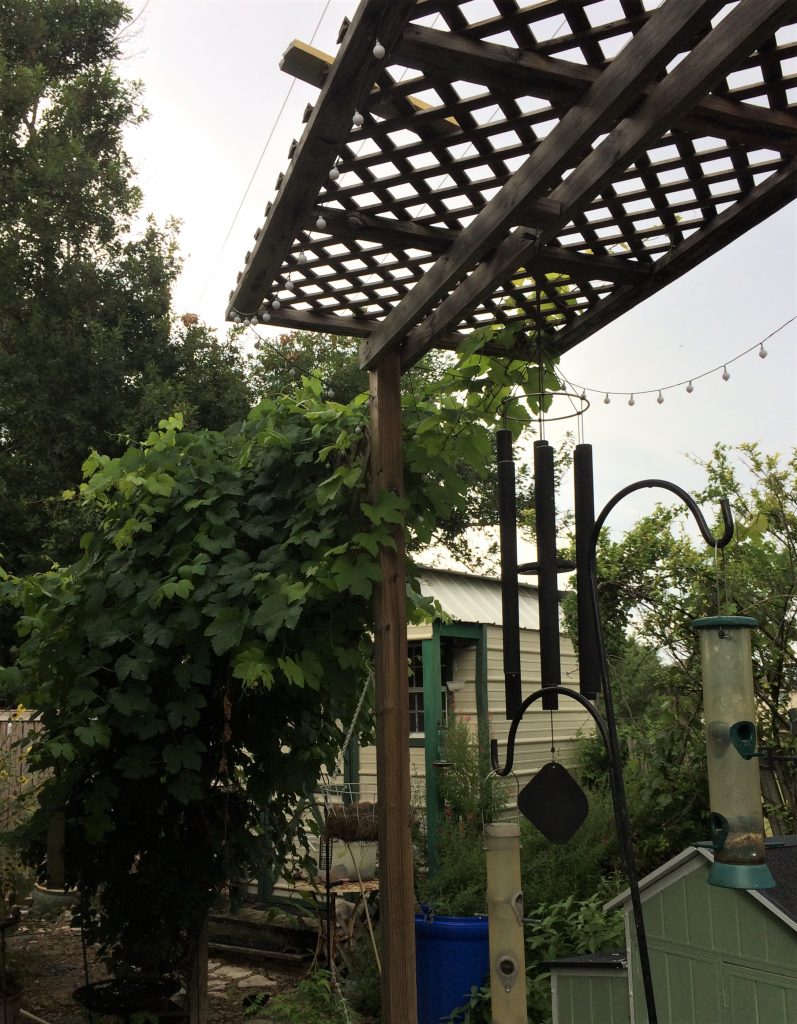


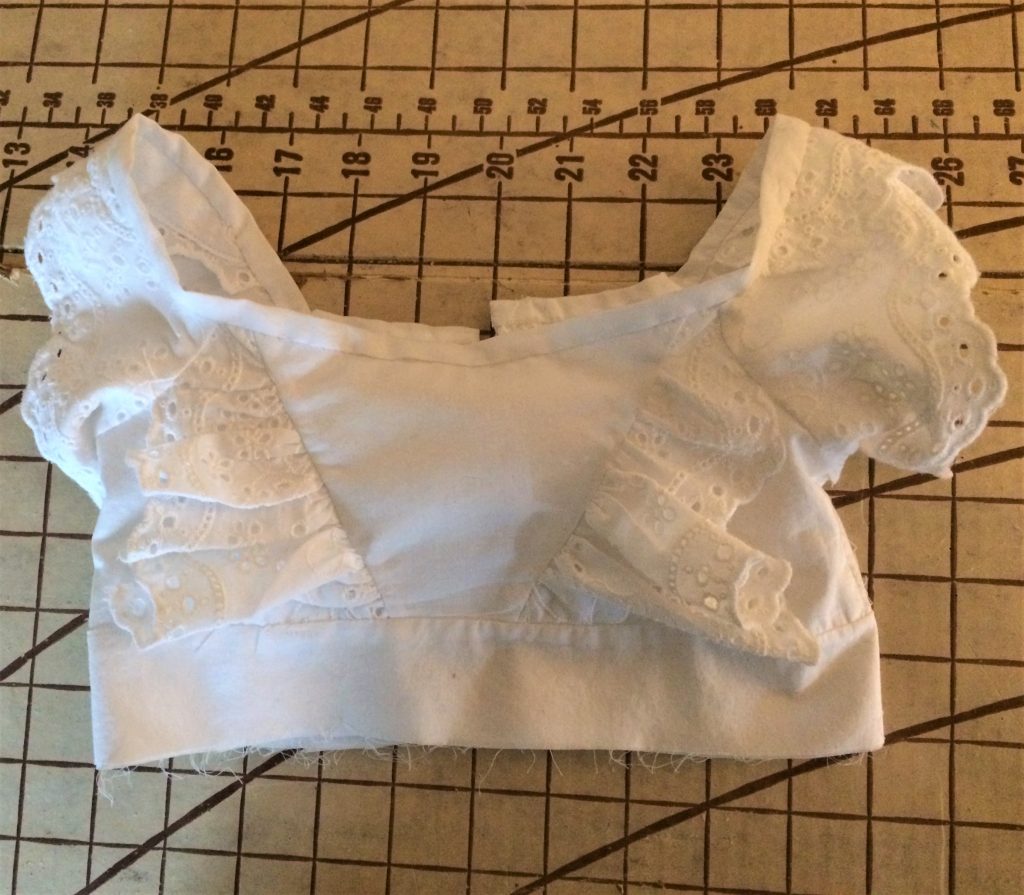
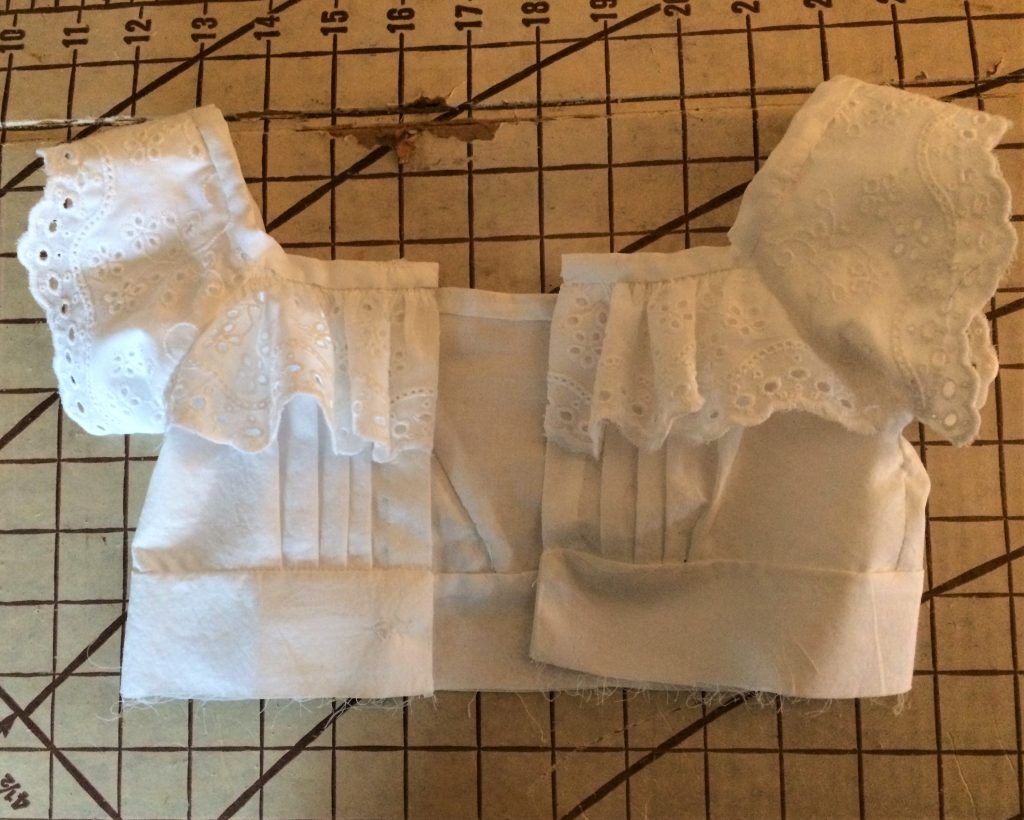
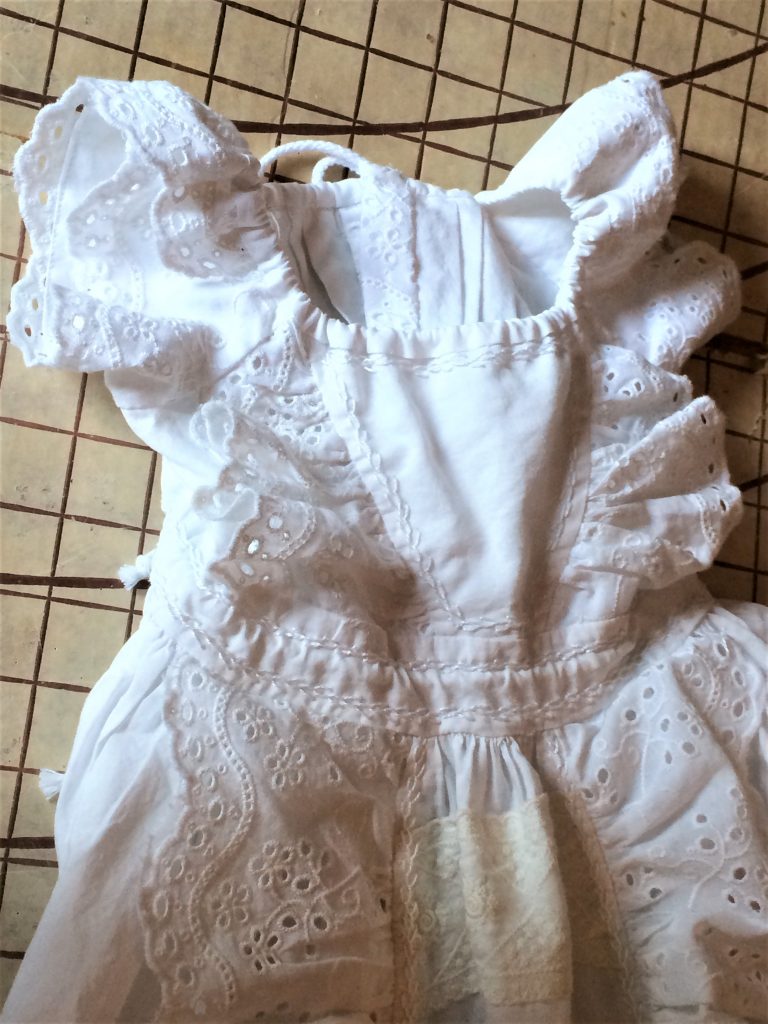
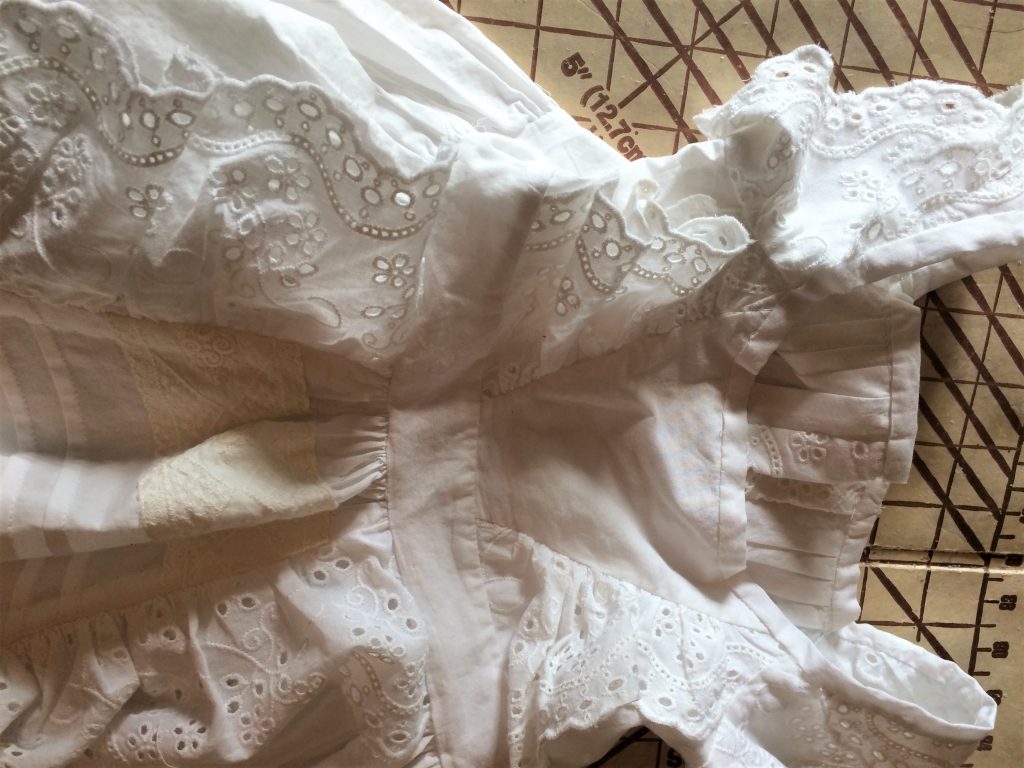
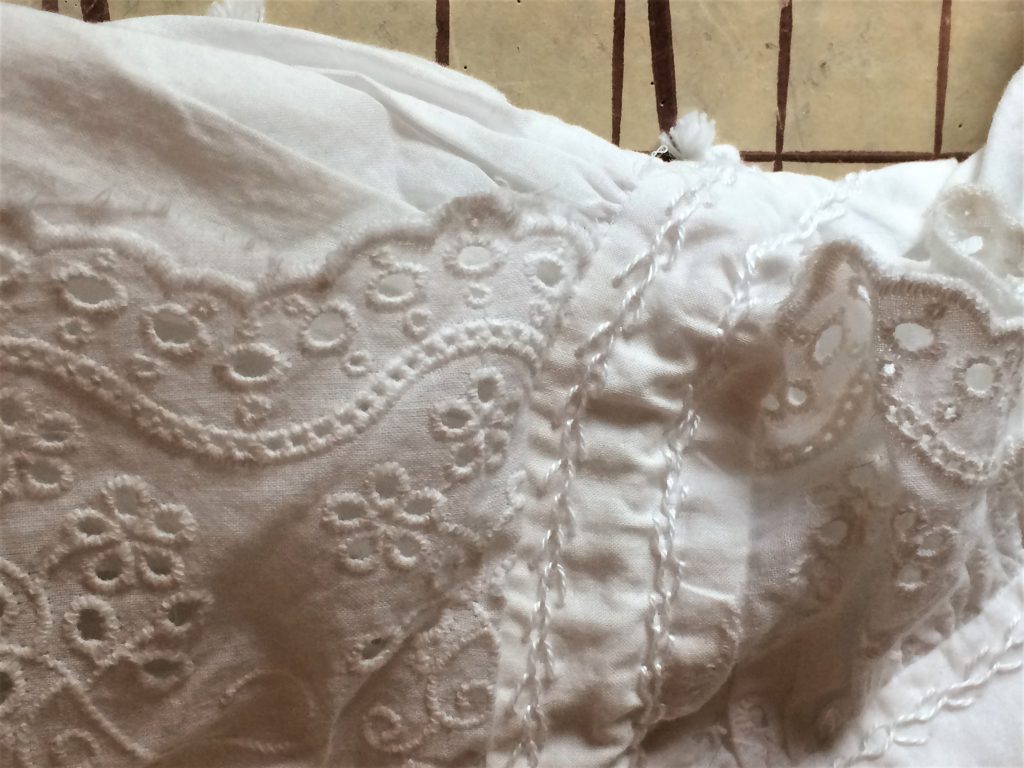
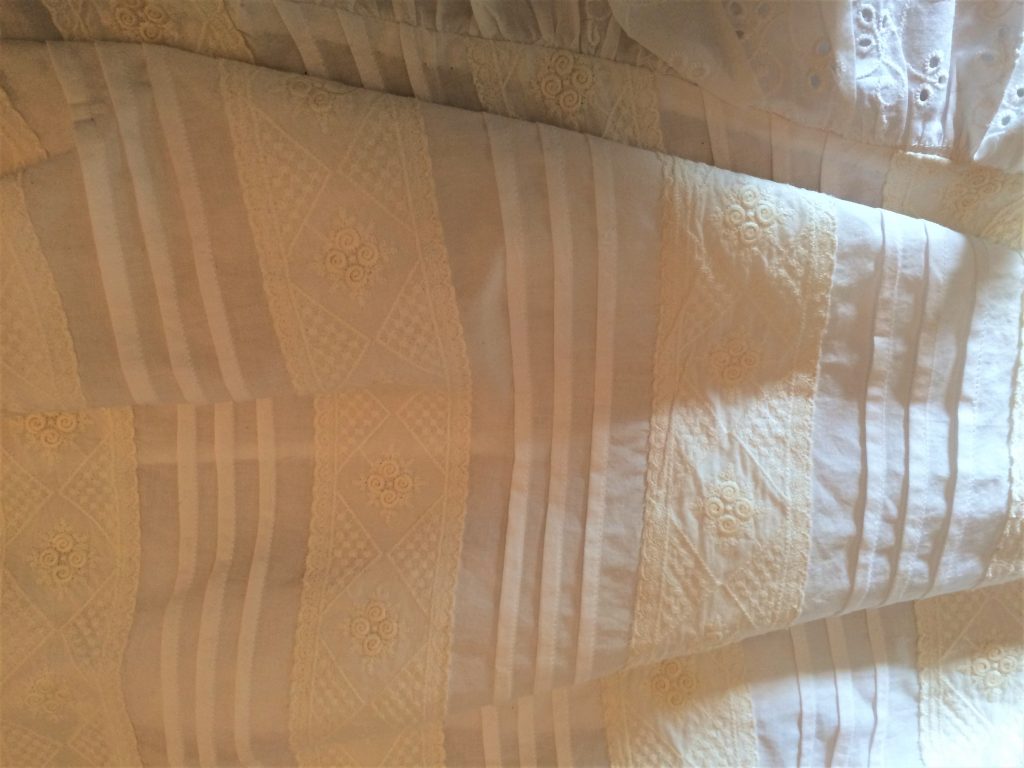
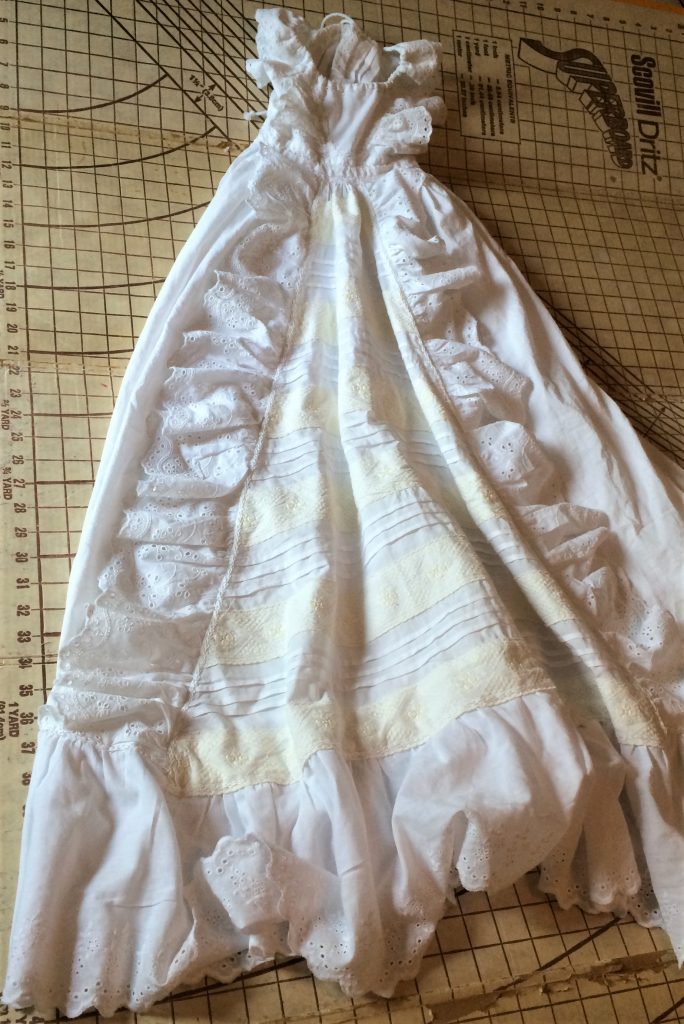
Recent Comments